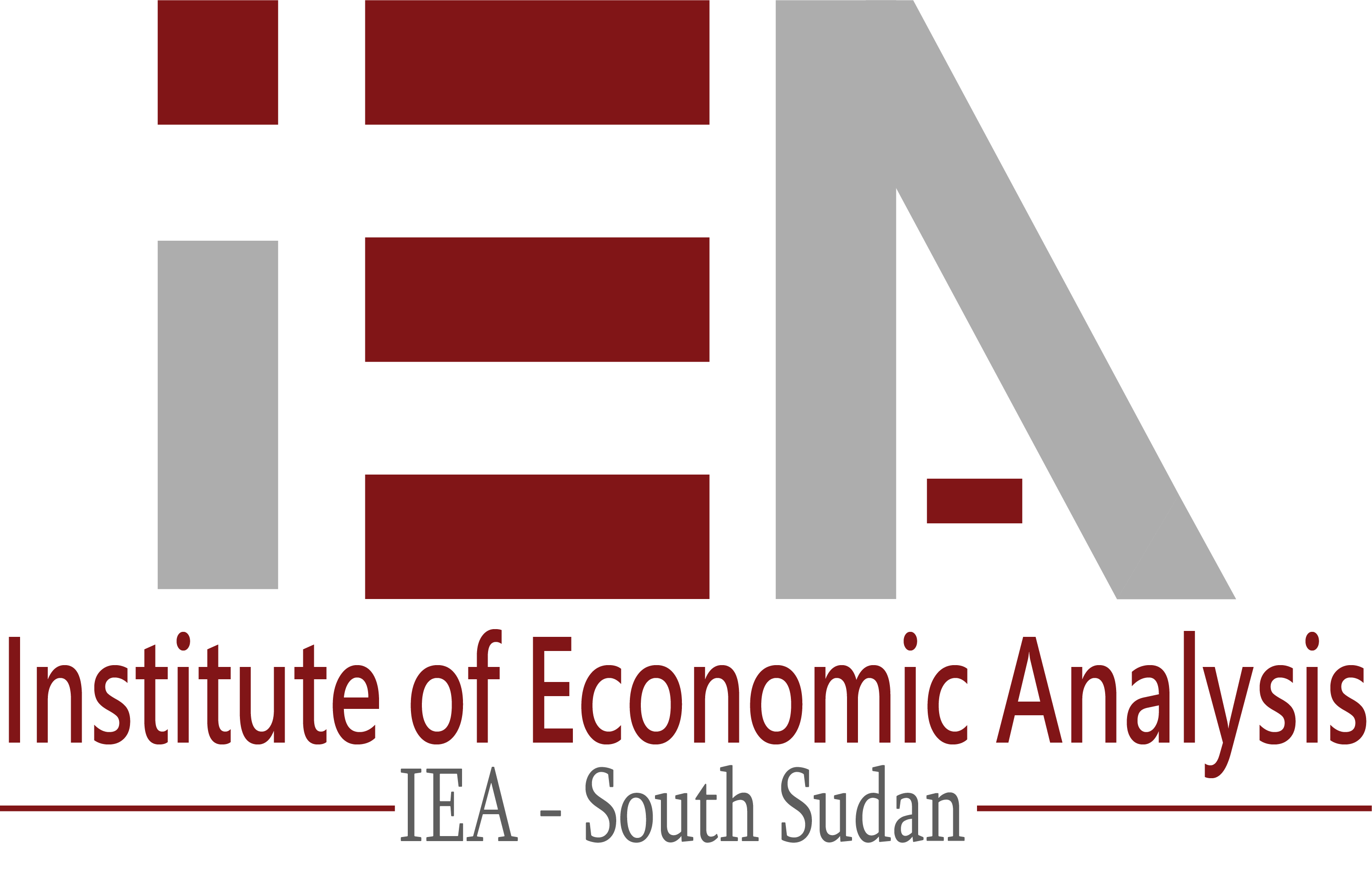Advice .
We seek to translate research, analysis and surveys on policy issues into more practical information and make recommendation for policy makers. By bridging the gap of ideas and action, IEA hopes to be at the forefront of facilitating robust and impartial policy debates through a series of fora and discussions bringing together private sector, Government, donors, academia, media, business leaders and civil society. IEA envisages to develop a long and proud tradition in engaging directly with the key players in South Sudan and beyond to promote good governance and ensue public policy are developed and implemented in a consultative, transparent and inclusive manner. We seek to provide policy advice in;
- Feminist economics, focusing on economies of care, precarious work, and feminist macroeconomic policy, in addition to feminist economics education and community building initiatives.
- Macroeconomic policy, projects including participatory budgeting that advances economic development, socio-economic rights realisation and tax justice; and monetary and financial sector policy analysis, both in South Sudan, East Africa and across Africa.
- Social security and workers’ rights, specifically focusing on living wages, redistribution, social security, public employment and the need for new frameworks to promote decent work, and new forms of community labour organizing.
- New economic futures, with a focus on rethinking economics, to bolster progressive economic thinking; building a community at the intersection of economics and human rights; and reimagining economic alternatives.
Advocacy.
IEA seeks to Influence the reform agenda in South Sudan through Research and Advocacy. Our evidence-based research, backed by persistent advocacy, is expected to result in several key reforms that will help consolidate South Sudan’s democracy and promote sustainable economic development. IEA will raise awareness on proper utilization of public resources while at the same time providing technical support in legislative work on laws that impact management and utilization of public resources. To encourage participatory budgeting, IEA will build awareness and capacity for advocacy; foster budget transparency, undertake budget analysis and social accountability. This will be done through developing and disseminating manuals for training of trainers and citizen handbook on understanding the budget making process. IEA will undertake annual budget analysis, produce budget brief (national/state and sectoral), advocate for extractive industries revenue transparency and assessment.
Appreciating the oil is the largest contributor to national budget, IEA will undertake research and table proposals with the view to ensuring that South Sudan’s oil resources are prudently managed to ensure that future generations also benefit from the revenues. The IEA will continuously propose means and ways of utilizing oil resources to cushion the economy and citizens from shocks and stressors. IEA will endeavor to support public oversight bodies to guarantee transparency and accountability in the use of oil revenues. In furtherance of our mission of consolidating South Sudan’s democracy, the IEA will provide technical assistance to drafters of bills to be passed into law. Such law’s must benefit all citizens, ensure effective functioning of Government and transcend transitions regardless of the election cycle.
Capacity Building.
Conflict, natural stressors and shocks have weakened South Sudan’s institutions. The IEA continues to develop a set of strategies to build and strengthen the institutional capacity of key governance institutions to enable them play their proper roles in the strengthening of democracy and constitutionalism. Among beneficiaries of the capacity-building workshops and programs are national and state assemblies, civil society groups, clergy, media, judiciary and academia. For example; IEA shall recruit trained research assistants to provide assistants and support to members of parliament at national and state level in their legislative work.
IEA will strive to bring together Committees of Parliament, Public accounts committees to provide them with critical information on the policy implications of Bills and Contracts before the house and strengthen their role as watchdogs of the public purse.
IESS will organize workshops and other forums bringing together members of parliament, judiciary, academia, private sector and civil society groups to engage in public discourse on key democratic, economic and social issues in the country, region and continent.
IEA will develop position papers and manuals to ensure increased and meaningful participation and representation of women and youth in leadership, decision making and governance.
